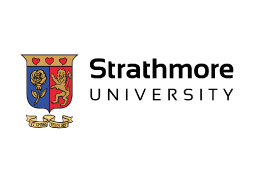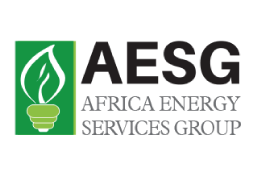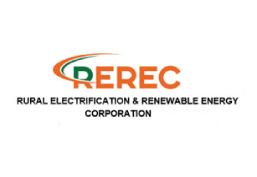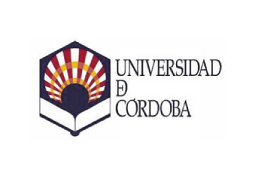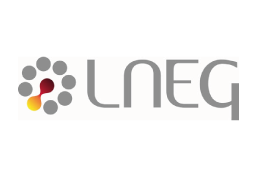PURAMS – Solar-powered DC electric pressure cooker : a sustainable and cost-effective solution
News Purams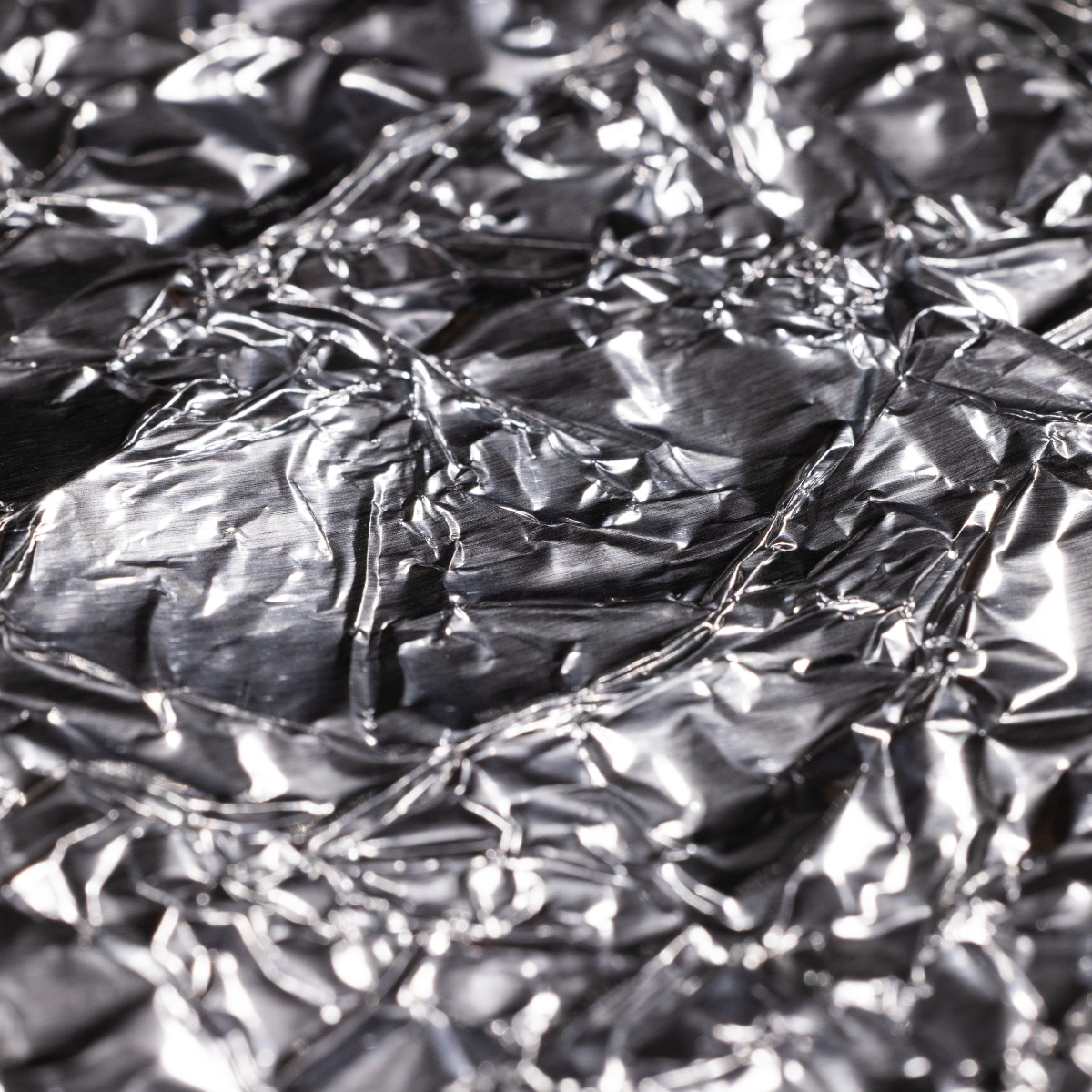
In its process of developing a standalon...
Continue →PURAMS develops a standalone solar cooker to address the challenges caused by traditional cooking methods (LEAP-RE Pillar 2)
News Purams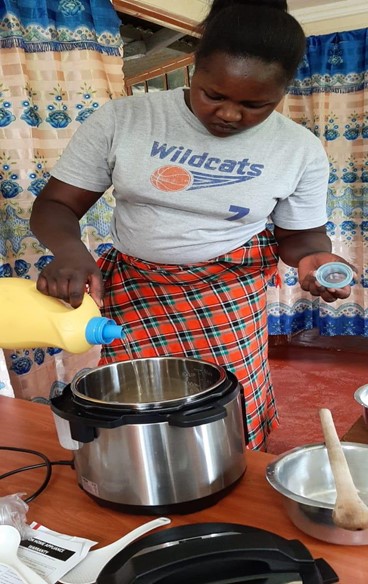
PURAMS (Productive Use in Rural Africa M...
Continue →
